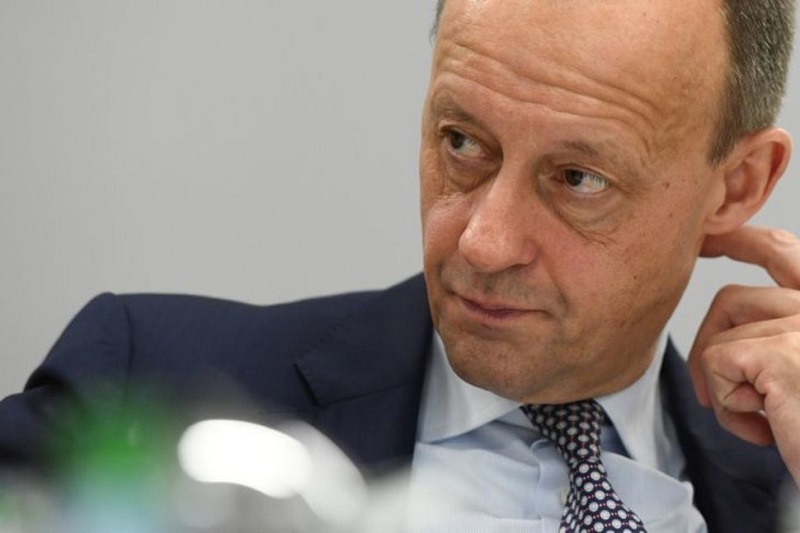SoFi CEO enters prepaid forward contract on 1.5 million shares
Investing.com -- Germany’s new government is unlikely to engineer a strong economic rebound this year despite a sweeping fiscal stimulus plan, according to Capital Economics.
While the coalition agreement outlines substantial infrastructure and defense investments, the economic research firm expects external challenges, particularly from the United States, to limit the near-term impact.
The German government aims to increase infrastructure spending by €150 billion between 2025 and 2029, equivalent to around 0.7% of GDP per year.
Although this marks a significant ramp-up, Capital Economics called the plan “ambitious” and said a more realistic figure may be closer to 0.5% of GDP per year. On defense, the firm reiterated expectations for spending to rise from 2.1% of GDP in 2024 to about 3.5% by 2027.
Additional measures to stimulate activity include tax cuts for businesses, incentives for labor participation, and targeted support for sectors such as restaurants, EVs, and agriculture. However, these are not expected to drive meaningful growth this year.
“It will take time to approve new policies and get the investment spending underway. So any benefit this year will be small and probably offset by the drag from U.S. tariffs to which Germany is a lot more exposed than most euro-zone countries,” Capital Economics wrote in a Friday report.
The risk of additional tariffs on pharmaceuticals, a key German export sector, adds further downside pressure.
Although domestic stimulus may lift GDP growth to 1% or more from 2026 to 2028, this projection depends on an indefinite suspension of reciprocal tariffs.
Even then, Capital Economics sees only a marginal improvement in Germany’s potential growth due to limited labor supply measures and the focus on maintaining, rather than expanding, infrastructure.
“Overall manufacturing production capacity still looks set to decline even if higher defence spending spurs growth in that sector,” the note said, adding that years of underinvestment mean much of the upcoming spending will be used to repair existing infrastructure.
The firm also voiced skepticism about long-term productivity gains, citing incremental progress on bureaucracy and a lack of support for high-growth sectors.
As Friedrich Merz prepares to take office, Capital Economics notes that the coalition agreement has already been “overtaken by events" to an extent, with U.S. trade tensions likely to shape the near-term outlook.
